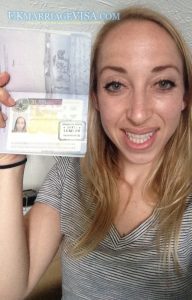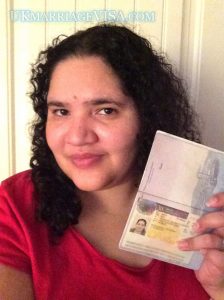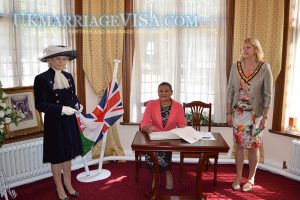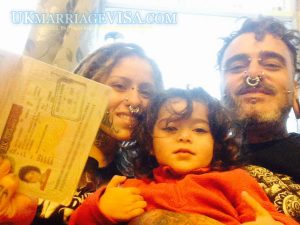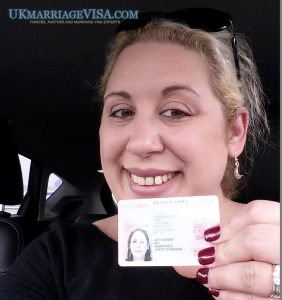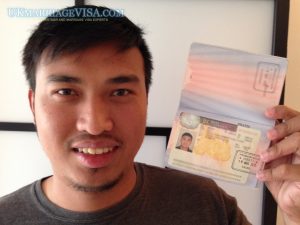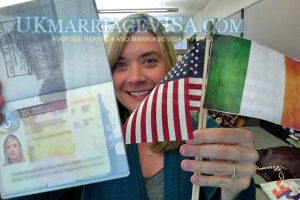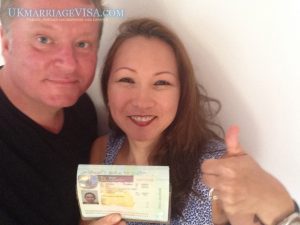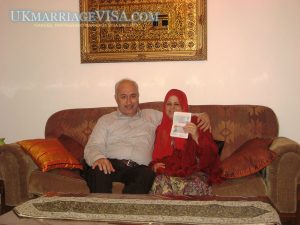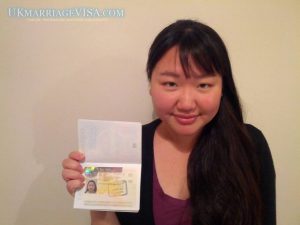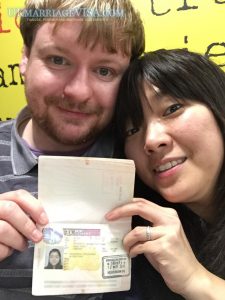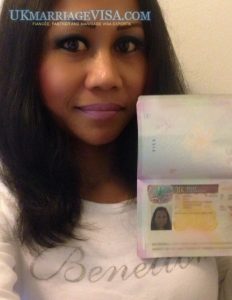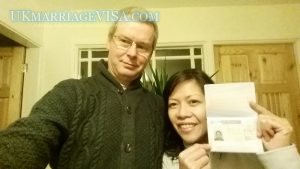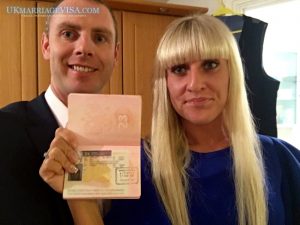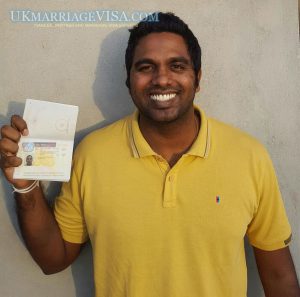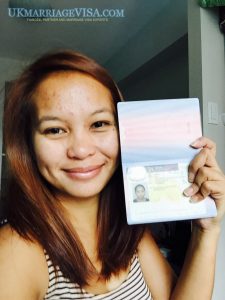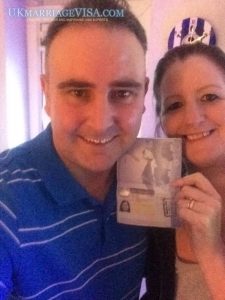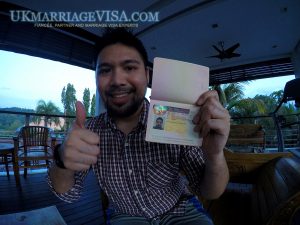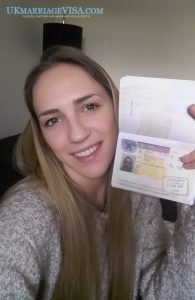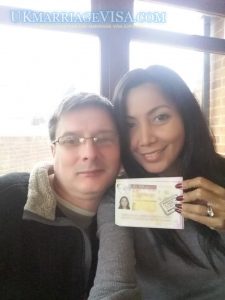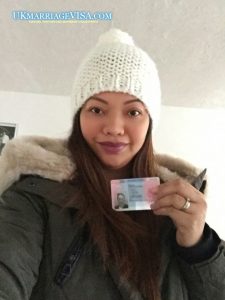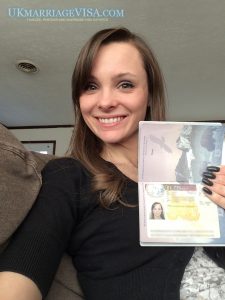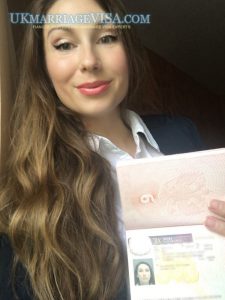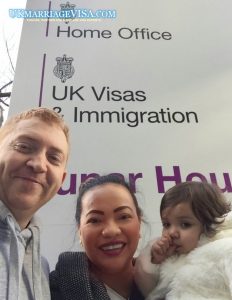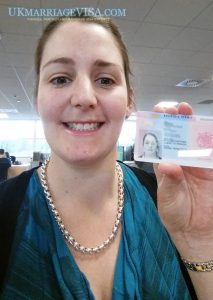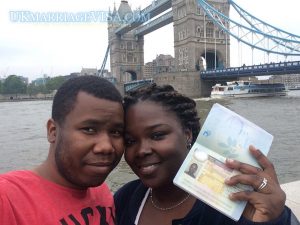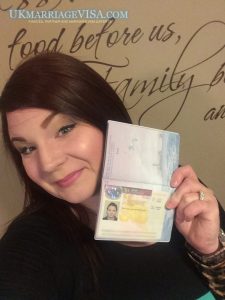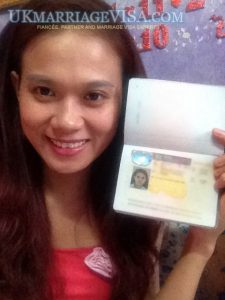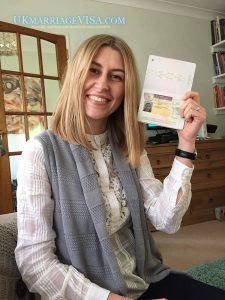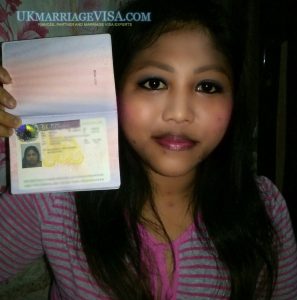English language test: mandatory requirement for partners
The English language requirement was first introduced by the UK Border Agency (UKBA), currently known as the UK Visas and Immigration or UKVI, on 29 November 2010. Unless subject to an exemption based on age, academic qualifications, physical or mental condition or exceptional compassionate grounds, all visa applicants who are not nationals of a majority English-speaking country as defined by the Home Office, are required to pass a mandatory English test in order to qualify for an unmarried partner, spouse or fiancee visa under the settlement category. The test must be taken before the applicant can submit their application.
The UKVI list of approved English language test providers has been updated several times since the English language requirement for partners came into force in 2010. Only tests conducted by UKVI-approved organisations such as British Council, LanguageCert, Pearson, Trinity College London etc. will be accepted. Most providers have a wide network of overseas representatives. However, there are some countries that are exempt from the English language requirement due to not having a local test centre. If an applicant resides in a country with no test centre, they are not required to pass the test before applying for a UK settlement visa to join their partner or spouse in the UK, as they are normally exempt as a matter of policy.
Many applicants express concern over the contents of the test, what the test entails, and whether they will be able to pass the test successfully. The UKBA initially set the English language test at the A1 standard of the CEFR (Common European Framework of Reference for Languages). The CEFR has six levels of proficiency and A1 is seen as the breakthrough or beginner stage. This test involves some of the skills that one would need to use in basic daily life settings. In this test the speaking and listening element is assessed.
An individual at A1 standard would be able to express basic needs verbally, ask simple questions and respond to simple questions if the question is presented slowly. For example, the individual taking the A1 level test must be able to introduce themselves and explain where they live, describe people they may know or have in their family, and understand and relay simple messages such as times, dates and locations of recent meetings.
The recommended study hours required to pass the A1 level test are 40-50 hours for most individuals; however, the amount and type of preparation needed may vary on a case by case basis. Applicants can learn English with the recommended 40-50 hours tuition from any service provider, tutor or institute, but the test must be taken at an accredited centre. Tests can be in high demand depending on the country of application. Therefore, it is advisable for UK marriage visa applicants to book their A1 level English test with a local test centre as far in advance as possible. Test fees are paid for by the applicant and prices vary from country to country. Unsuccessful applicants can retake the test as many times as necessary, but all repeated attempts will attract a new fee which must be paid in advance.
There are five exemptions to the English language requirement:
- There is no test centre in the applicant’s country of normal residence.
- The applicant is aged 65 or over, or under 18 at the time of application.
- The applicant has a Bachelor’s degree or higher which was taught or researched in English and evaluated by UK ENIC (formerly known as UK NARIC) as meeting or exceeding the recognised standard in the UK, i.e. Bachelor’s degree or higher.
- The applicant is a national of a majority English-speaking country as defined by the UKVI, i.e. Australia, Barbados, Canada, Jamaica, New Zealand, USA and some other countries.
- Mental or physical incapacity, or exceptional compassionate circumstances, which would prevent the applicant from meeting the English language requirement.
English language requirement for FLR, ILR and naturalisation applications
The Home Office implemented a new English language requirement for all applications to settle or naturalise in the UK submitted after 28 October 2013. As a result, those applying for indefinite leave to remain (ILR or permanent residence after living in the UK for five years) and British Citizenship (naturalisation) are now required to demonstrate that they can communicate in and comprehend English at a higher B1 level of the CEFR. Existing family visa holders who wish to renew their partner or spouse visa from within the UK must pass an A2 level test before applying for further leave to remain (FLR). This level is slightly more in depth than that of A1, which consists of explaining daily routine and basic details. The B1 standard involves being able to absorb and deliver the English language in a more personal and detailed manner. For example, this would involve an applicant being able to make hotel reservations in English, and communicate their desires and queries such as ordering from and asking questions about a menu (without assistance) or other products effectively, in a predictable situation. The applicant at B1 standard must able to communicate and take part in social and professional conversational settings as long as the topic is predictable.
One of our UK immigration consultants is a qualified ESOL / TEFL teacher trained to teach English at levels A – C of the Common European Framework of Reference (CEFR). We can provide support with a personalised lesson plan suited to your loved one’s needs and in adherence with the level of English language needed to meet the UK Visas and Immigration (UKVI) test requirements. Please feel free to contact us for more information.
Kemp House
152-160 City Road
London EC1V 2NX


